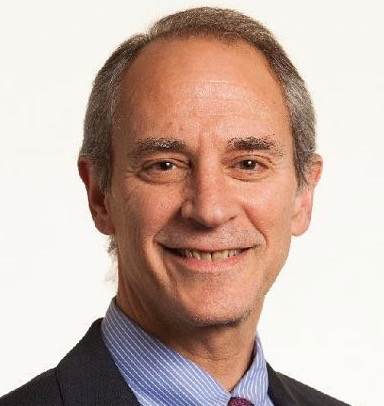
The current shortage of semaglutide (Ozempic), an important diabetes drug, has an unusual origin: too many people without diabetes are taking it. Here’s how that happened, and how we might course-correct to help ensure that those with the greatest need for this medicine can get it.
A diabetes drug with an important side effect: Weight loss
Semaglutide (Ozempic) was first approved by the FDA in 2017 to help people with type 2 diabetes keep blood sugar under control. But during pre-approval studies, researchers noticed a remarkable side effect: people lost weight. For example, in one pivotal study, average losses for those receiving one milligram a week of semaglutide were:
- nearly 10 pounds lost over 30 weeks
- nearly 5% overall body weight lost
- waist size shrank 1.6 inches.
This side effect helped people with type 2 diabetes because excess weight is a major risk factor for the condition. Among other health benefits, weight loss can lower blood sugar and blood pressure, and reduce the need for other diabetes medications.
Turning a side effect into a selling point
Unintended weight loss would usually be listed as a side effect for a study medication. But ads for Ozempic didn’t list it with the other possible side effects; instead, it was featured as a benefit. The Ozempic “Tri-Zone” (a phrase concocted by marketers, not medical experts) promised improved blood sugar control, lower cardiovascular risk, and weight loss.
At the bottom of the ad, fine print that’s easy to miss states: “Ozempic is not a weight loss drug.” Talk about mixed messages!
The makers of Ozempic saw the potential of semaglutide as a weight loss drug for people without diabetes. Sure enough, clinical trials confirmed that overweight and obese people taking semaglutide also lost substantial weight. Semaglutide received FDA approval in 2021 for people with obesity (BMI of 30 or greater), or who were overweight (with a BMI of 27 to 29.9) and had a medical problem related to excess weight, such as high blood pressure or high cholesterol. As a weight loss drug, it was rebranded as Wegovy.
The only difference between the two drugs? The maximum approved dose of semaglutide is a bit higher with Wegovy than Ozempic.
How social media fueled the Ozempic shortage
Soon after the approval of Wegovy, celebrities and social media influencers began taking it and sharing glowing weight loss experiences. What’s more, medicines approved for specific uses in the US can be prescribed off-label for any use: up to 38% of all prescriptions written in the US are off-label (note: automatic PDF download). So, it’s likely some of the viral run on Wegovy was fueled by people who wanted to lose weight but had no medical reason to take it.
After high demand put Wegovy in short supply, many turned to Ozempic to lose weight. And that contributed to a shortage of Ozempic, threatening the health of people with type 2 diabetes who rely on the drug.
Readjust priorities and limit irresponsible prescribing
This situation couldn’t have happened without physicians or other health care professionals willing to write Ozempic prescriptions for people who did not have diabetes or another medical reason to use semaglutide. And that suggests an obvious solution: limit prescriptions for Ozempic to people with diabetes. For many drugs, a prior authorization process requires certain conditions be met before a prescription can be filled. This could be done for Ozempic.
And of course, we should encourage people who don’t have diabetes not to request a prescription for Ozempic. While that message is unlikely to show up in a drug ad, public service announcements could do the trick.
The bottom line
Drug ads often urge you to ask your doctor if a treatment is right for you. But we already know a key piece of the answer for Ozempic: if you don’t have diabetes, don’t ask for a diabetes medicine to help with weight loss. There are better ways to get the help you need to reach a healthy weight if you are overweight or obese. Talk to your doctor about a full range of treatment options. And if your weight is already in a healthy range, it’s not a good idea to take a medication to become thinner.
Finally, to keep vitally important medicines available for those who need them most, health care professionals must prescribe them responsibly. Responsible requests by their patients could help.
About the Author

Robert H. Shmerling, MD,
Senior Faculty Editor, Harvard Health Publishing; Editorial Advisory Board Member, Harvard Health Publishing
Dr. Robert H. Shmerling is the former clinical chief of the division of rheumatology at Beth Israel Deaconess Medical Center (BIDMC), and is a current member of the corresponding faculty in medicine at Harvard Medical School. … See Full Bio View all posts by Robert H. Shmerling, MD
